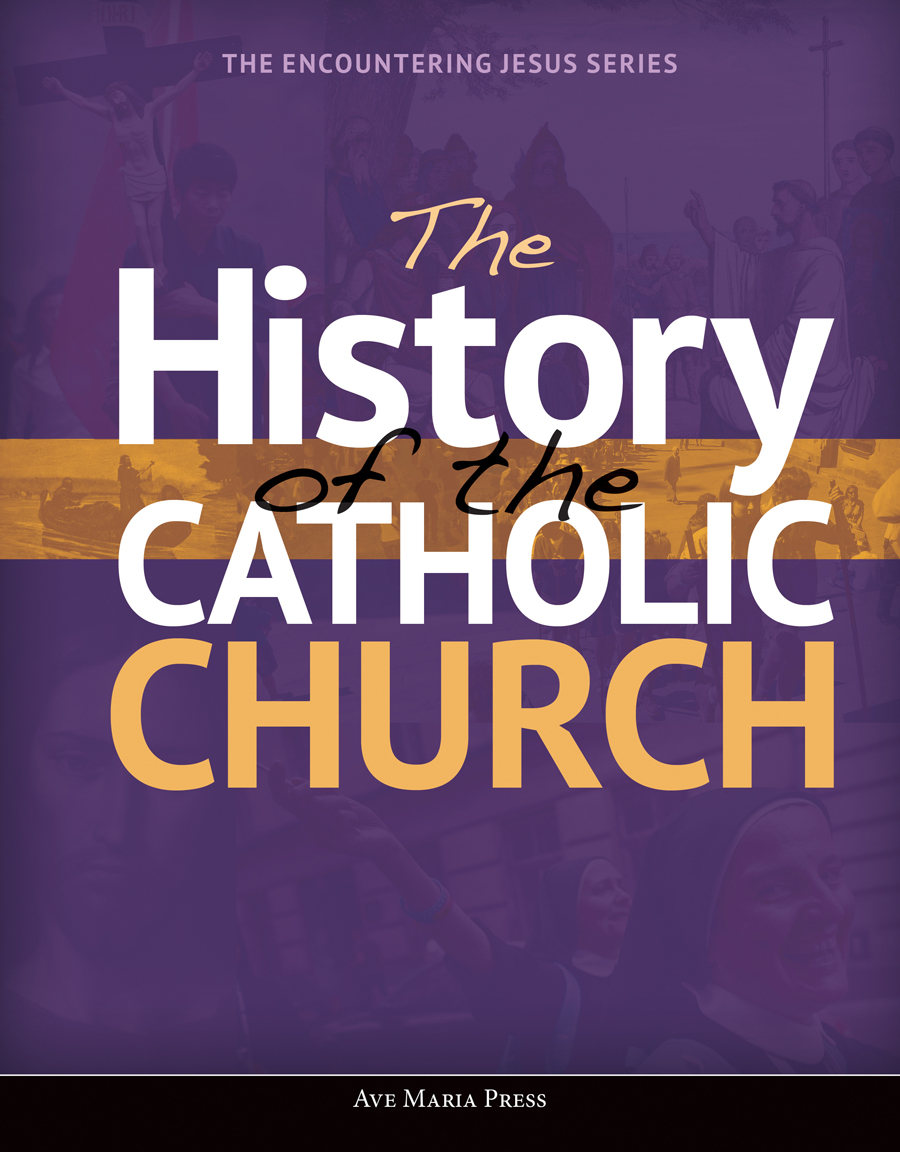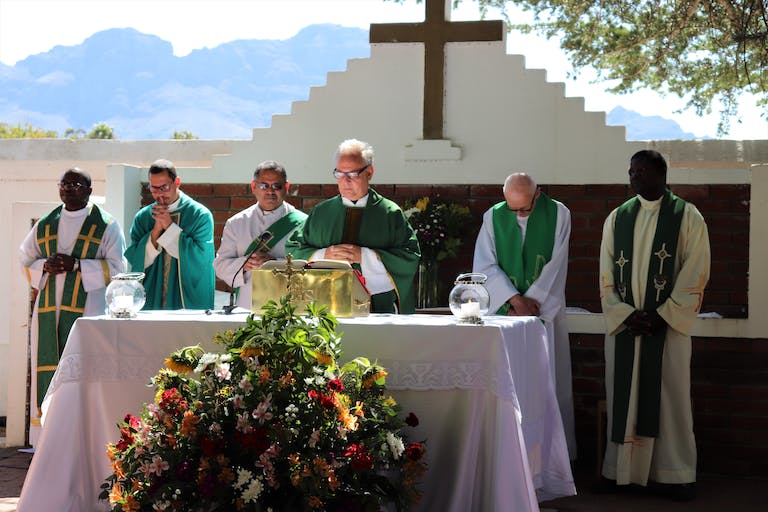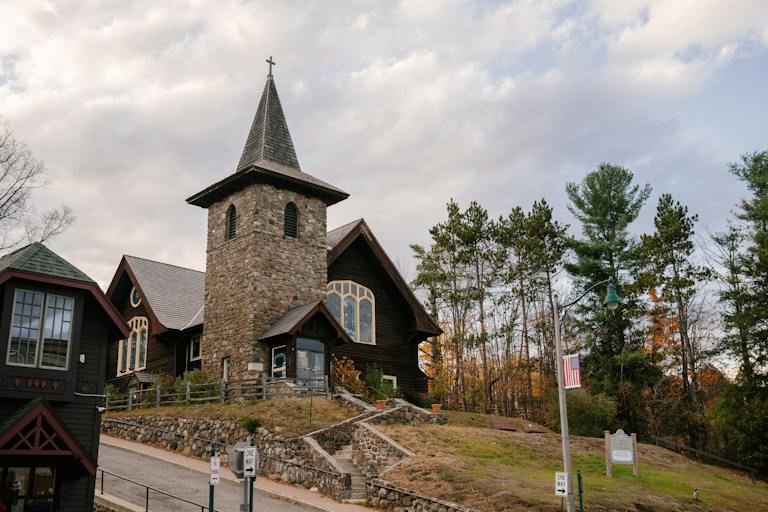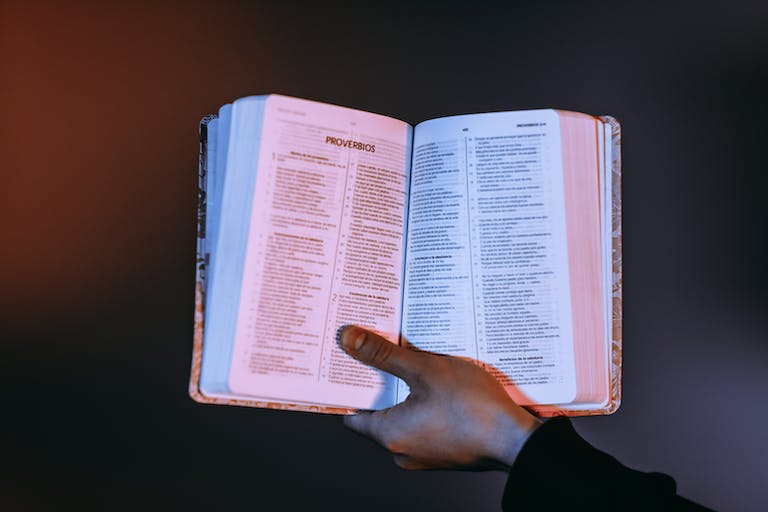Is Catholic Church Capitalized?
The name “Catholic Church” refers to the Christian church, which is characterized by being universal in scope and placing authority in the bishops under the leadership of the Pope. When writing about this institution, a common question is whether the term should be capitalized as “Catholic Church” or not. In this blog post, we’ll analyze the arguments on both sides and provide some recommendations.
Guidance from Style Manuals
Most major style manuals, including The Associated Press Stylebook and The Chicago Manual of Style, recommend capitalizing “Catholic Church.” Here is a summary of their guidance:
The Associated Press Stylebook
The Associated Press Stylebook, a highly influential manual for news writing, states that “Catholic Church” should be capitalized. This reflects the proper name status of the institution. Generic terms, like “the church” or “a Catholic church,” should not be capitalized, however.
The Chicago Manual of Style
The Chicago Manual of Style similarly endorses capitalizing “Catholic Church.” Chicago offers less explicit reasoning but presumably bases its guidance on proper name conventions like the AP Stylebook.
So, both of these major style guides endorse capitalization when specifically referring to the actual institution known as the Catholic Church.
Common Usage Favors Capitalization
An analysis of current usage in books, news articles, and academic works finds that the capitalization of “Catholic Church” dominates. People tend to refer to this major global Christian church by its self-identified proper name, warranting title capitalization.
Uncapitalized references to “catholic church” do sporadically occur, especially in informal contexts like social media posts. But most edited publications follow the formal guidance to capitalize proper nouns and title conventions. This includes the name and designation of the centralized church body based in Vatican City that traces its history back centuries.
Capitalization Reflects Significance
There are reasonable arguments for capitalizing major societal institutions like governments, universities, and churches as proper nouns and titles. Capitalization helps convey their status as formally named establishments that play important roles.
Consistent capitalization also reduces potential confusion between generic and referential usage. For example, distinguish between discussing Catholic theology broadly as an academic field and the official doctrines of the Catholic Church specifically. This supports clarity in writing.
Arguments Against Capitalization
There are, of course counterarguments that consistency and clarity could be achieved by avoiding capitalization conventions entirely in religious contexts. From a secular perspective, one could argue religious institutions like churches shouldn’t necessarily receive deference in writing styles over concepts like social movements or schools of philosophy, which often remain uncapitalized even when referring to specific groups.
Some members of the Catholic Church itself argue more attention should be placed on representing people of the faith rather than rigid institutions. There are merits to these perspectives, but they currently conflict with widespread usage and major style guidance. Change may evolve organically over time, but status quo usage favors capitalization in edited writing.
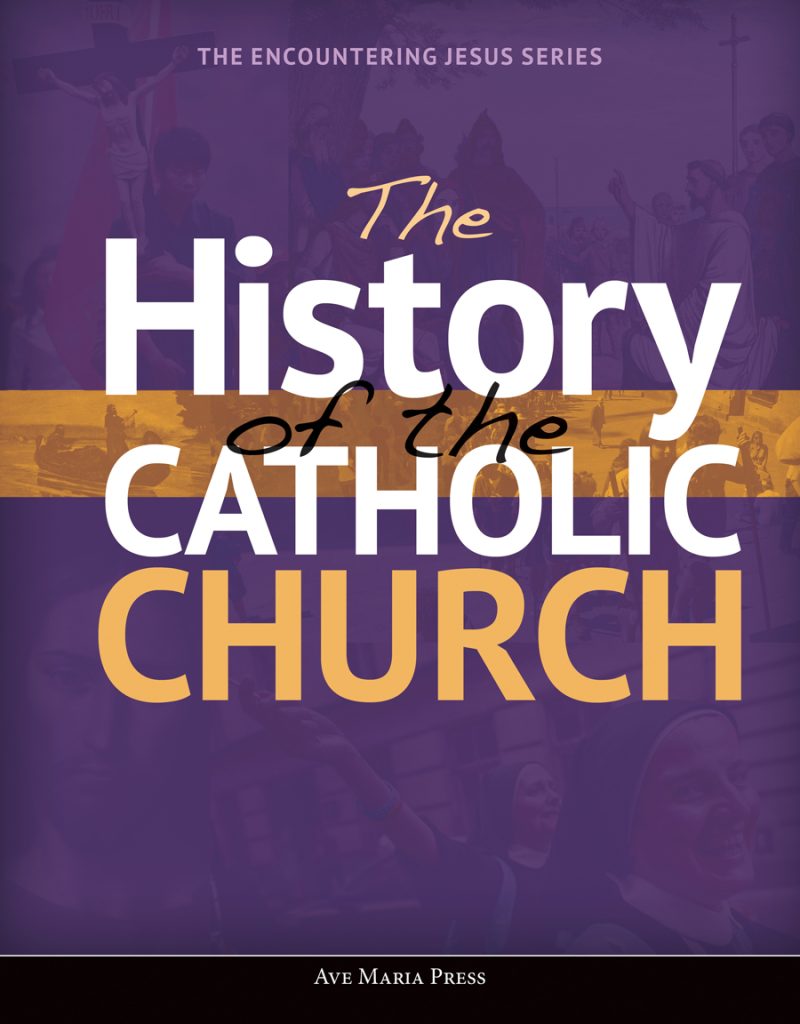
Consensus Recommendation: Capitalize “Catholic Church”
Given current norms around capitalizing proper nouns and titles, the prominence of the Catholic Church globally, and the preference for major style manuals, capitalizing “Catholic Church” remains the best practice in the majority of writing situations. This includes both news reporting and academic work.
Of course, as with all writing guidelines, specific usage can depend on context and authorial discretion outside of heavily edited publications. But for broad writing purposes, implementing standard capitalization helps reinforce proper formal noun conventions while reducing potential confusion between casual versus established name references.
So in summary, capitalizing “Catholic Church” whenever referring specifically to the formal global institution recognizes its status appropriately in written communication per its self-identification and societal ubiquity. This reflects respected style guidance, promotes clarity, and follows standard title capitalization protocols for named entities.
When to Use Lowercase
Lowercase catholic church would be appropriate when used as a generic descriptor rather than a formal name. For example, when hypothetically discussing types of churches or, in an historical sense preceding the formal establishment of the named Catholic Church.
Casual social media posts may also frequently use “catholic church” but edited writing should follow standard guidance. If referring specifically to the formal Vatican hierarchy rather than just broader concepts tied to the faith, capitalization applies.
Common Questions About Capitalizing “Catholic Church”
Here are answers to some frequently asked questions about whether references to the Catholic Church should be capitalized:
Does the same guidance apply to “Catholic” separately?
Yes, Catholic should also be capitalized when referring specifically to the church but not when used in a generic sense. For example: “She is a devout Catholic” or “The Catholic perspective,” etc.
What if I’m not Catholic? Does the guidance change?
No, the concept of showing basic respect to faiths by capitalizing their formal names applies independently of the writer’s own religious affiliation. Non-Catholics should also capitalize Catholic Church and Catholic when referring specifically to the formal religious institutions and members.
What about related terms like “the Vatican”?
References to entities like the Vatican, the Holy See, and the Roman Curia—key elements of Catholic Church hierarchy—should generally remain capitalized even in standalone usage. As uniquely Roman Catholic institutions, capitalization helps differentiate them as proper names and titles beyond merely descriptive terms.
Is there an official source confirming guidance?
While the Catholic Church itself may not issue formal style guidance, major resources like The Associated Press Stylebook and The Chicago Manual of Style are considered reputable, mainstream sources for editors, academics, and publishers. Their endorsement of capitalizing Catholic Church carries significant weight in formal writing, even though individual discretion applies.
So in summary, yes, mainstream style guidance firmly endorses capitalizing Catholic Church as well as Catholic when referring specifically to the formal institution and its members rather than just generic concepts. This allows writers to show appropriate respect for titles and proper names in edited texts.

